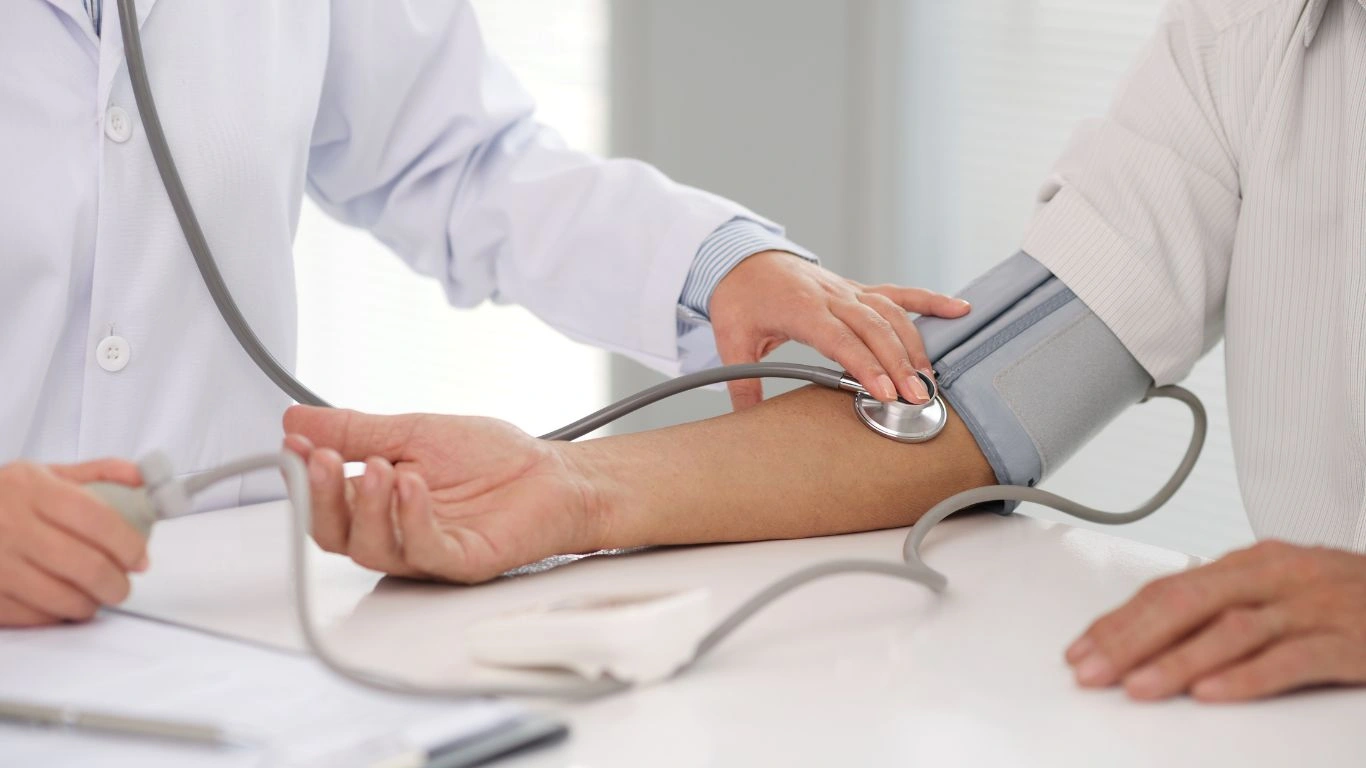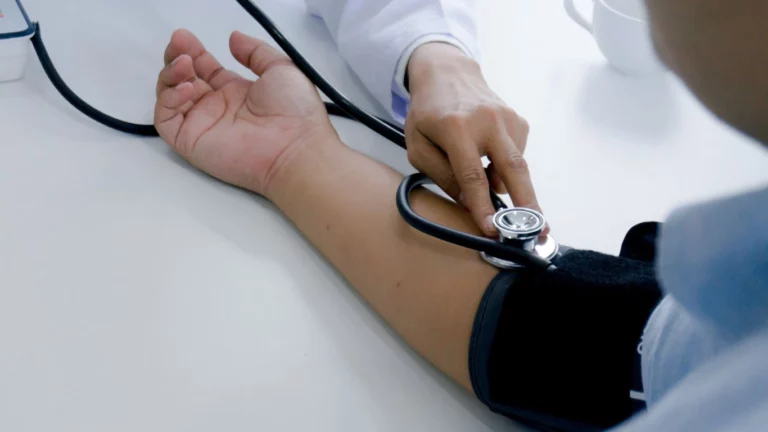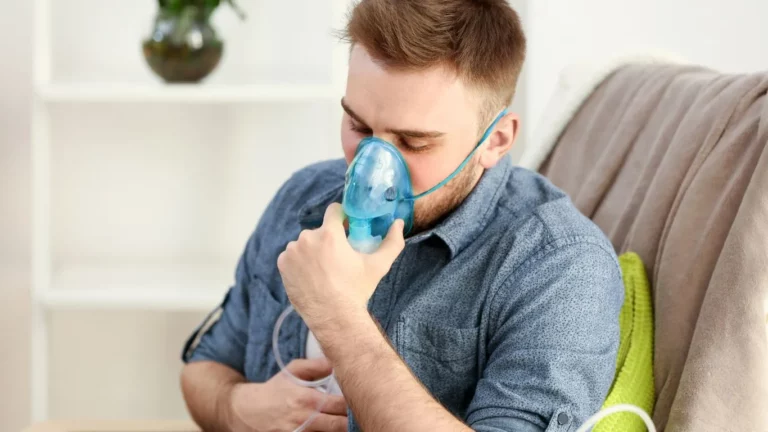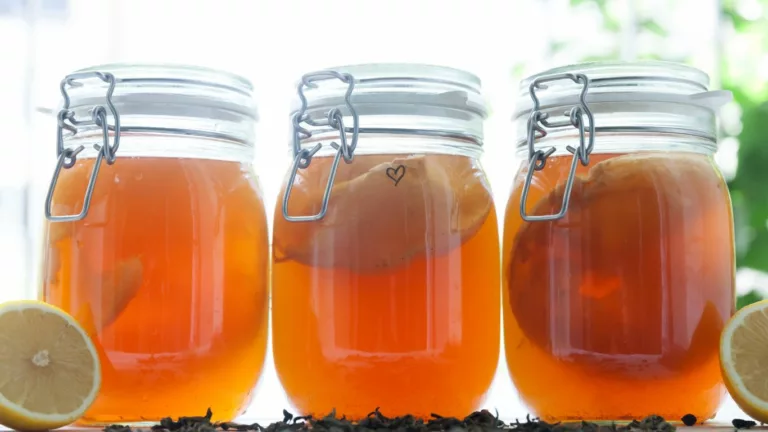Hypertension and Circulation Improvement – A Complete Guide
If you’re dealing with hypertension (high blood pressure) and want to improve your circulation, you’re not alone. Many people are looking for ways to manage these health concerns. The good news is, there are several practical steps you can take to boost your circulation while also keeping your blood pressure in check. In this article, we’ll explore lifestyle changes, exercise routines, and dietary tips that can help you maintain a healthy heart and improved circulation.

Why Circulation Matters for Hypertension
Your circulatory system is like the highway for your blood, carrying oxygen and nutrients to your organs and tissues. When circulation is poor, it can cause a buildup of pressure in your blood vessels, leading to increased blood pressure. On the other hand, better circulation can help blood flow more freely, reducing the strain on your heart and ultimately lowering blood pressure.
So, improving circulation isn’t just about making sure your body’s tissues get what they need; it’s also key to managing hypertension.
How Exercise Can Improve Circulation and Lower Blood Pressure
One of the most effective ways to boost circulation and control blood pressure is through regular exercise. When you move your body, your heart pumps more blood, and your blood vessels become more flexible. This helps your blood flow more easily, reducing the force on your arteries.
Here are a few exercises to consider:
Aerobic Exercises
Aerobic activities like walking, swimming, and cycling are great for your heart and circulatory system. Aim for at least 30 minutes of moderate-intensity aerobic exercise most days of the week. These activities help improve heart function, lower blood pressure, and increase blood flow to your extremities.
Strength Training
Lifting weights or using resistance bands can also improve circulation. Just be sure to focus on proper form and avoid overexertion, especially if you’re just getting started. Strength training helps improve overall muscle tone and vascular health.
Yoga and Stretching
Gentle stretching and yoga poses can promote blood flow to all parts of your body, improving circulation without putting too much stress on your heart. In particular, poses that involve deep breathing and relaxation techniques can help lower blood pressure and reduce stress.

Dietary Tips for Better Circulation
What you eat plays a huge role in both circulation and hypertension. A balanced diet rich in nutrients can help keep your blood vessels healthy and your blood pressure stable.
Focus on Heart-Healthy Foods
Some foods are particularly beneficial for circulation and blood pressure. These include:
- Leafy greens (like spinach and kale), which are high in potassium and can help regulate blood pressure.
- Berries (like strawberries and blueberries), which are rich in antioxidants that can help improve blood vessel health.
- Nuts and seeds (like almonds, walnuts, and chia seeds), which are packed with healthy fats that can boost circulation.
- Beets and beet juice, which are known to improve blood flow by helping blood vessels dilate.
Avoid Salt and Processed Foods
Excess sodium in your diet can cause your body to retain fluid, increasing blood pressure. Try to reduce your intake of salty snacks, processed meats, and canned foods. Instead, opt for fresh, whole foods that are naturally low in salt.
Stay Hydrated
Drinking plenty of water throughout the day is crucial for maintaining proper blood flow. Dehydration can lead to thicker blood, making it harder for your heart to pump blood efficiently.
Stress Management for Better Blood Pressure and Circulation
Chronic stress can take a toll on your circulation and blood pressure. Stress causes your body to release hormones like adrenaline, which constrict your blood vessels and increase heart rate. Over time, this can contribute to hypertension and poor circulation.
Here are a few ways to reduce stress and improve circulation:
- Practice mindfulness or meditation: Taking a few minutes each day to calm your mind can help reduce the production of stress hormones.
- Get enough sleep: Lack of sleep can increase stress levels and negatively affect blood pressure. Aim for 7-9 hours of sleep each night.
- Social support: Spending time with friends and loved ones can help reduce stress and improve your overall well-being.
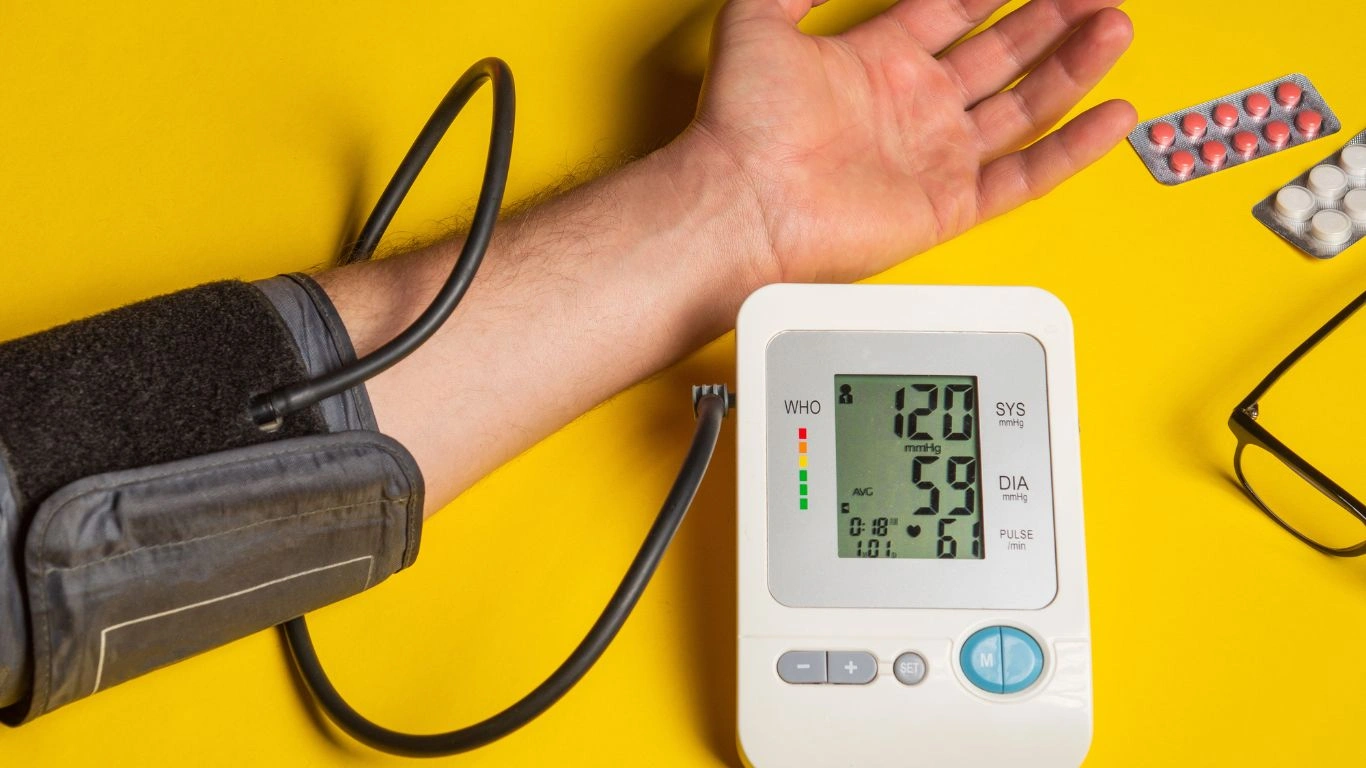
The Role of Supplements in Circulation and Hypertension
Some people look to supplements to help improve circulation and manage hypertension. While a healthy diet should always come first, certain supplements can support your circulatory health.
- Omega-3 fatty acids: Found in fish oil, omega-3s can help reduce blood pressure and improve circulation by reducing inflammation and preventing blood clots.
- Magnesium: This mineral helps relax blood vessels and can contribute to lower blood pressure.
- Coenzyme Q10 (CoQ10): This antioxidant supports heart health and can help improve circulation by promoting blood vessel function.
Before starting any supplements, it’s important to talk to your healthcare provider to ensure they’re safe and appropriate for your specific needs.
Conclusion
Improving circulation and managing hypertension go hand in hand. By making simple lifestyle changes, incorporating exercise, focusing on heart-healthy foods, managing stress, and considering supplements, you can take control of your health. Keep in mind that consistency is key—making small, sustainable changes to your routine can lead to lasting improvements in your blood pressure and circulation.
Remember, always consult with your doctor before starting any new exercise routines, diets, or supplements, especially if you have hypertension.

Appendices
References
- American Heart Association. (2024). “Managing Hypertension: Tips for Better Circulation.” Read Article
- National Institutes of Health. (2023). “Blood Pressure and Circulation: What You Should Know.” Read Article
- Smith, J., & Brown, L. (2022). “Dietary Approaches to Circulation and Blood Pressure.” Journal of Cardiovascular Health, 45(3), 200-210. Read Article
FAQs
- How can I naturally improve circulation? Regular exercise, staying hydrated, eating a balanced diet, and managing stress are all natural ways to improve circulation.
- What foods should I avoid to lower my blood pressure? Try to limit foods high in sodium, such as processed snacks and fast food. Focus on whole foods, such as fruits, vegetables, and lean proteins.
- Can stress affect my blood pressure and circulation? Yes, chronic stress can lead to higher blood pressure and poor circulation. Reducing stress through relaxation techniques can help improve both.
- Are there any exercises that can improve circulation quickly? Aerobic exercises like walking, cycling, and swimming are great for boosting circulation. Yoga and stretching also help by promoting relaxation.
- Should I take supplements for circulation? Supplements like omega-3 fatty acids, magnesium, and CoQ10 can support circulation, but always check with your doctor before starting any new supplement.
Disclaimer: The information provided in this article is for educational purposes only and is not intended as medical advice. Always consult with a healthcare professional before making changes to your diet, exercise routine, or supplement regimen, especially if you have hypertension or any other medical condition.

Dr. Gwenna Aazee is a board-certified Internal Medicine Physician with a special focus on hypertension management, chronic disease prevention, and patient education. With years of experience in both clinical practice and medical writing, she’s passionate about turning evidence-based medicine into accessible, actionable advice. Through her work at Healthusias.com, Dr. Aazee empowers readers to take charge of their health with confidence and clarity. Off the clock, she enjoys deep dives into nutrition research, long walks with her rescue pup, and simplifying medical jargon one article at a time.

